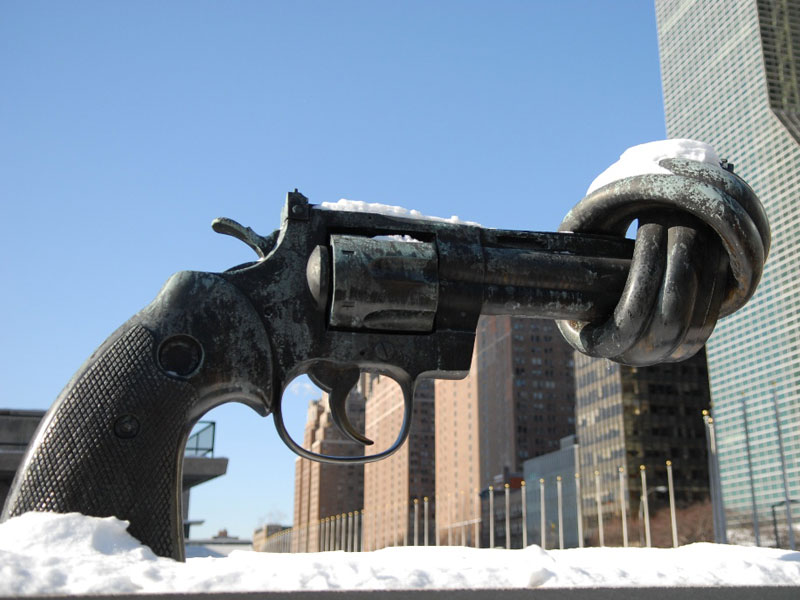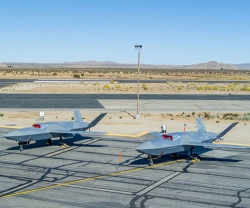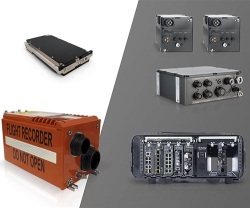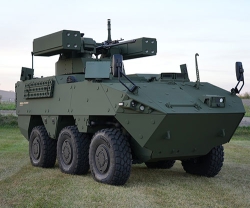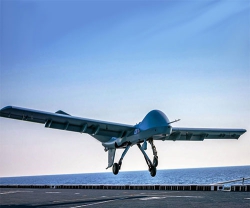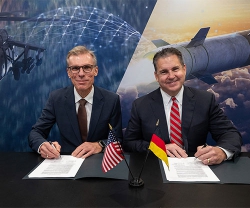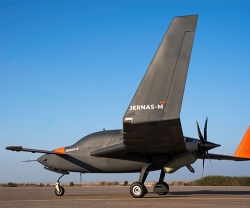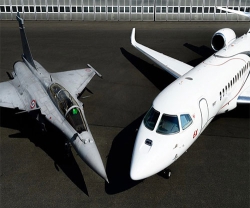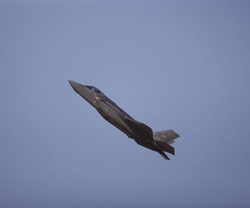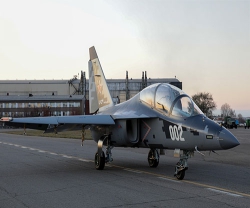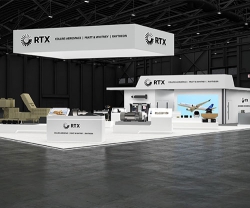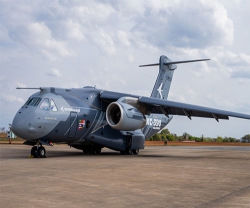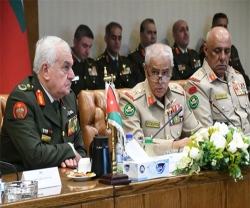Representatives of about 150 countries gathered in New York on Monday to begin negotiations on a binding international treaty to end the sale of unconventional weapons, a pact that a powerful U.S. pro-gun lobby is urging Washington to reject.
After 4weeks of negotiations failed in July, the United Nations will again attempt to hammer out an accord that could force states to assess, before making a sale, whether weapons will be used for human rights violations, terrorism or organized crime.
But hurdles loom large since major arms producers and buyers have fought to chip away at the sales conditions and even to exclude whole categories from the treaty.
The United States, for one, refuses to include ammunition. China wants to protect its small arms, and Russia opposed including gifts and transfers of arms that could be made to an ally.
Delegates to the July conference said that Washington had wanted to push the issue past the November 2012 presidential election, though the administration of President Barack Obama denied that. The current negotiations will run through March 28.
Obama is under pressure from the powerful National Rifle Association (NRA), the leading U.S. pro-gun group, to block the pact. The group has vowed to torpedo the convention’s Senate ratification if Washington backs it at the United Nations.
The point of the treaty is to set standards for all cross-border transfers of any type of conventional weapon -light and heavy. It also would set binding requirements for nations to review all cross-border arms contracts to ensure the munitions will not be used in human rights abuses, do not violate embargoes and are not illegally diverted.
Diplomats say that if the treaty conference fails to reach the required consensus because the United States, Russia or another major arms producer opposes it, nations can still put the draft treaty to a vote in the U.N. General Assembly.
The other alternative is to amend the draft to make it acceptable to the U.S. and other delegations. But supporters of the treaty fear that could lead to a weak and meaningless pact.
The treaty focuses solely on international arms transfers. If a pact is approved in New York, it will require ratification by national legislatures before it can take effect.
Negotiations over the next 2 weeks will not be easy, U.N. diplomats say. Washington opposes inclusion of ammunition in the treaty. Rights groups and arms control advocates hope the U.S. delegation will compromise on the question of ammunition.
Rights groups have urged delegations to repair loopholes in the current draft treaty, which they say could leave avenues for abusers of human rights to continue getting weapons.
They say the partial coverage of ammunition in the current draft is a major weakness. Rights groups say that the global ammunitions industry for small arms and light weapons is worth$4.3 billion, with 12 billion bullets produced each year.
Source: Al Arabiya; Agencies

